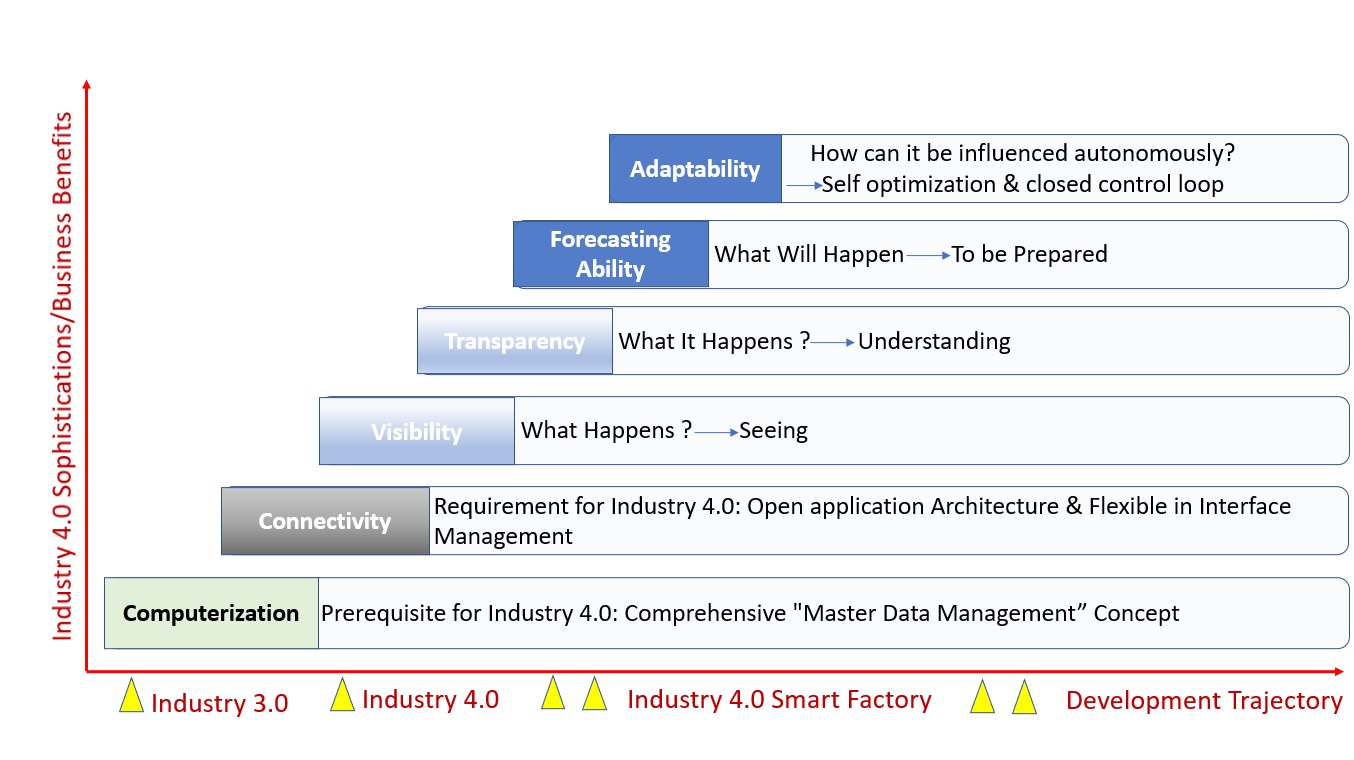Many industrial enterprises having Business Objective of reduce costs, improve internal processes, and increase profitability. These major operative challenges often leave little time for working on innovations. However, this situation makes doing so all the more worthwhile, as digital transformation addresses many of these challenges.
Digitalization is the use of digital technologies to change a plant business model and provide new revenue and value-producing opportunities, it is the process of moving to a digital business. Manufacturing digitization can improve efficiency, reduce costs, and improve overall performance. It can also enable companies to achieve new business models, such as mass customization and on-demand production, and to optimize production processes with new technologies.















